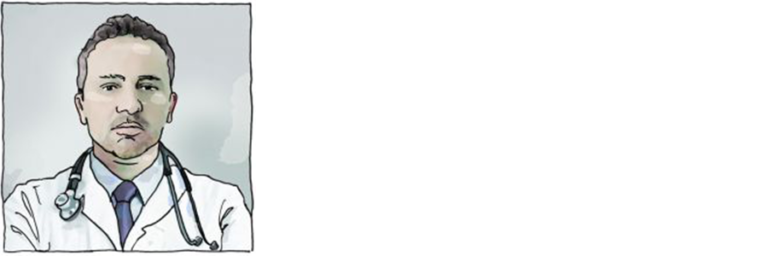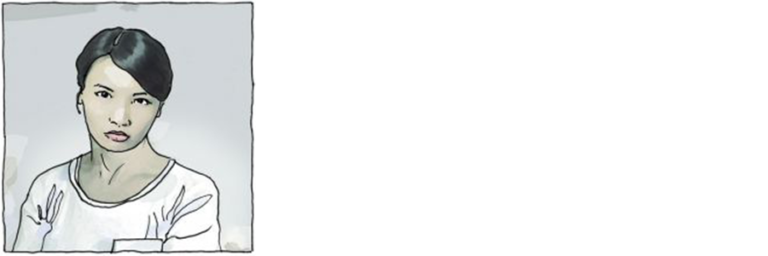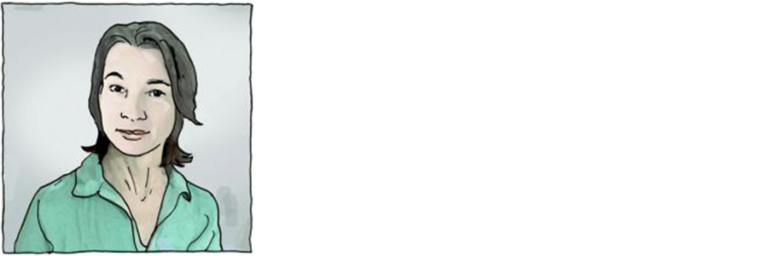Home / Healthcare & Medicine / Nursing / Addressing Violence Through Patient Care / What happened next?

Reach your personal and professional goals
Unlock access to hundreds of expert online courses and degrees from top universities and educators to gain accredited qualifications and professional CV-building certificates.
Join over 18 million learners to launch, switch or build upon your career, all at your own pace, across a wide range of topic areas.

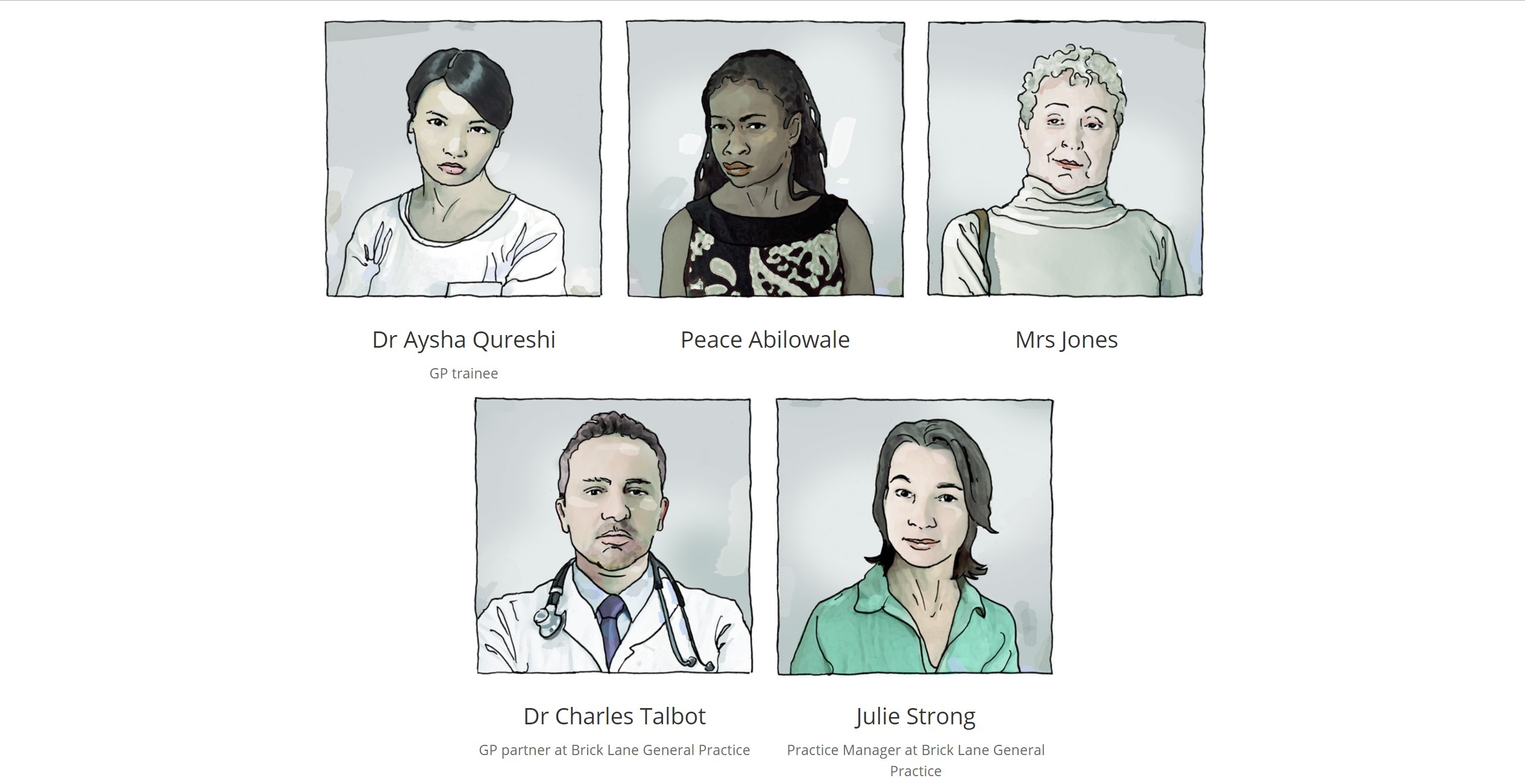
 After I saw the doctor at Brick Lane, I was moved to Middlesbrough. I did not know what was happening. I thought I was being taken back to Uganda. I was very frightened and I couldn’t stop thinking about what happened at home.
After I saw the doctor at Brick Lane, I was moved to Middlesbrough. I did not know what was happening. I thought I was being taken back to Uganda. I was very frightened and I couldn’t stop thinking about what happened at home.
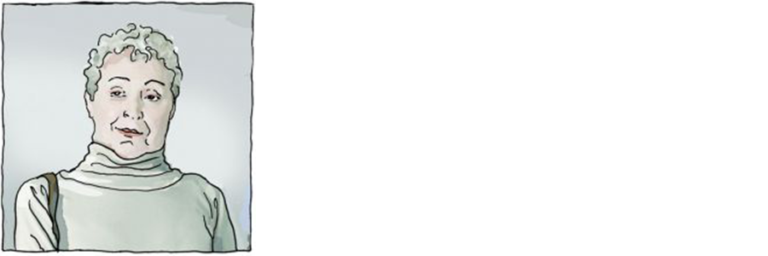 I met Mrs. Abilowale at church. Straight away I knew she needed my help. She seemed very nervous and frightened and I knew she was unwell. I took her to see the doctor and she got the treatment she needed. It wasn’t until later that we found out she had been tortured in Uganda. She was relocated to Middlesbrough by the Home Office and I tried to stay in touch with her. We heard that she had a breakdown and was admitted to a psychiatric hospital. I wish I had gone up to visit her and support her. She’s back in London now and we are doing our best at church to help her in any way we can.
I met Mrs. Abilowale at church. Straight away I knew she needed my help. She seemed very nervous and frightened and I knew she was unwell. I took her to see the doctor and she got the treatment she needed. It wasn’t until later that we found out she had been tortured in Uganda. She was relocated to Middlesbrough by the Home Office and I tried to stay in touch with her. We heard that she had a breakdown and was admitted to a psychiatric hospital. I wish I had gone up to visit her and support her. She’s back in London now and we are doing our best at church to help her in any way we can.